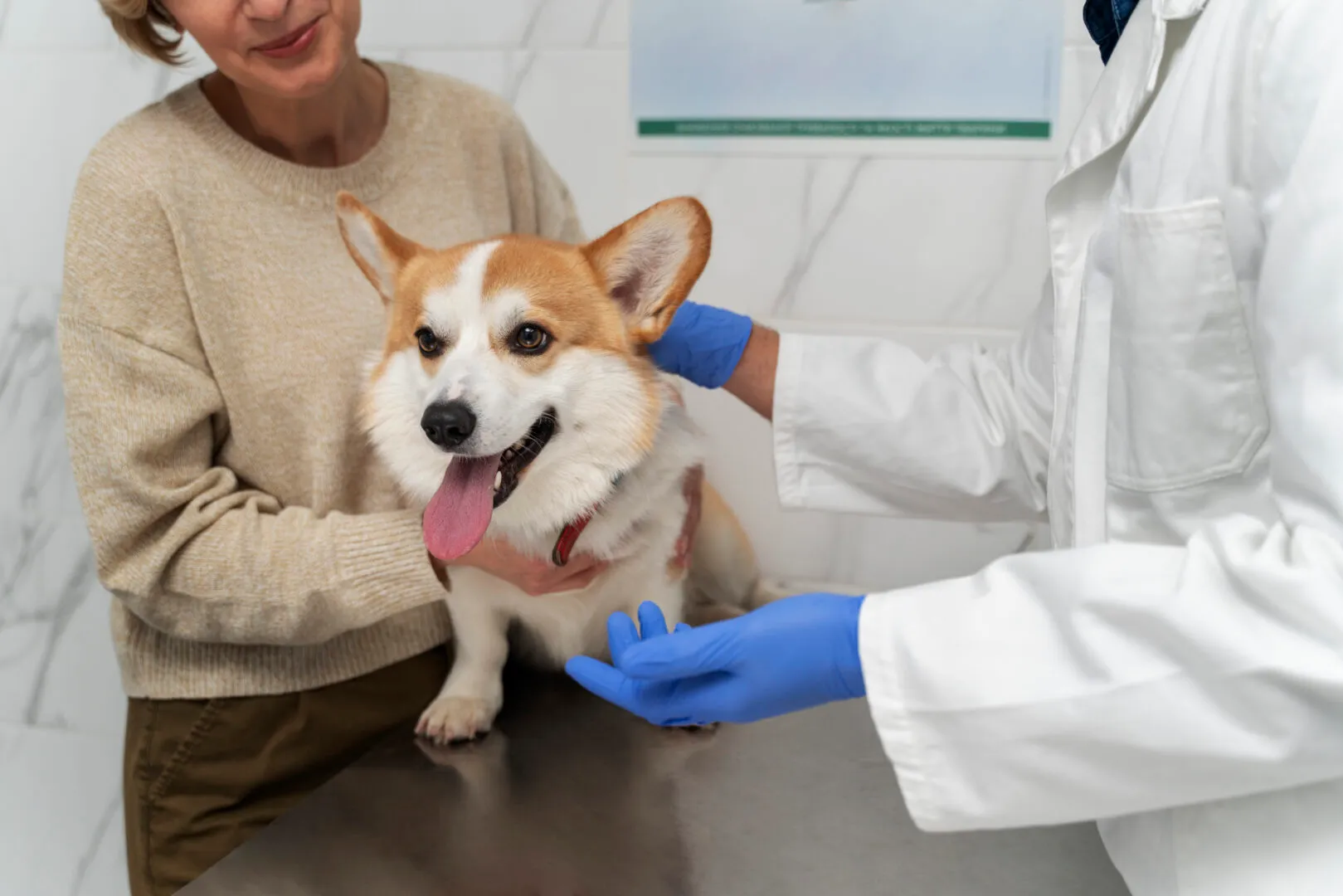Choosing a veterinarian for your pet

Choosing a veterinarian for your pet is an important and responsible task that directly impacts the health and well-being of your furry friend. To help you make the right choice, let's consider several key aspects to pay attention to when searching for a veterinary specialist.
1. Reputation and Reviews
One of the first steps in choosing a veterinarian is to research reviews and recommendations. Ask for advice from friends, acquaintances, or colleagues who have pets. Check out reviews online, on specialized forums and websites. Keep in mind that single negative reviews do not always reflect the true picture, but if there are many negative opinions, it is worth considering.
2. Qualification and Experience
Check the veterinarian's qualifications and experience. Find out where they studied, what continuing education courses they have taken, and how many years they have been working in this field. An experienced doctor, especially one with a specialization in treating certain types of animals or diseases, will be a big plus.
3. Clinic Conditions
It is important to assess the conditions in which your pet will be treated. Visit the clinic in person: pay attention to the cleanliness of the premises, the equipment available, and the presence of modern diagnostic tools. Find out if the clinic has a laboratory for tests, a hospital for sick animals, and an operating room.
4. Accessibility and Location
The convenience of the clinic's location also plays a role. Ideally, the clinic should be located close to your home, especially in case of emergencies. Find out the clinic's working hours and if they have a 24-hour service. It is important that you can quickly get your pet to the clinic if necessary.
5. Services and Costs
Compare the cost of services at different clinics. Make sure that the prices match the quality of the services provided. Find out what types of services the clinic offers: diagnostics, surgery, therapy, preventive measures, etc. High prices do not always guarantee better quality, but excessively low prices may indicate savings on the quality of care.
6. Individual Approach
Pay attention to the veterinarian's attitude towards animals and their owners. It is important that the doctor is friendly, patient, and ready to answer all your questions. They should be able to find an approach to animals, minimize their stress, and provide comfortable treatment.
7. Insurance and Guarantees
Find out if the clinic works with insurance companies and provides guarantees for their services. Insurance can cover a significant part of the treatment costs, and guarantees on services will give you confidence in the quality of the procedures performed.
8. Ethics and Humanity
Make sure that the clinic adheres to ethical standards and humane treatment methods. It is important that doctors do not resort to unnecessary procedures and always prioritize the interests and well-being of the animal.
9. Consultation and Second Opinion
Do not hesitate to seek consultations from several specialists, especially if your pet has a complex or rare disease. Compare their opinions and recommendations, which will help you make an informed decision.
10. Long-term Relationships
Choosing a veterinarian is not a one-time event, but the beginning of a long-term relationship. Finding the "right" doctor will allow you to provide your pet with ongoing monitoring and timely treatment. This is especially important for disease prevention and maintaining health at a high level.
Conclusion
Choosing a veterinarian is an important step that requires time and careful analysis. By following the above recommendations, you can find a qualified and caring specialist who will become a reliable assistant in caring for your pet's health. Remember that your pet trusts you, and its health and quality of life depend on your choice.

